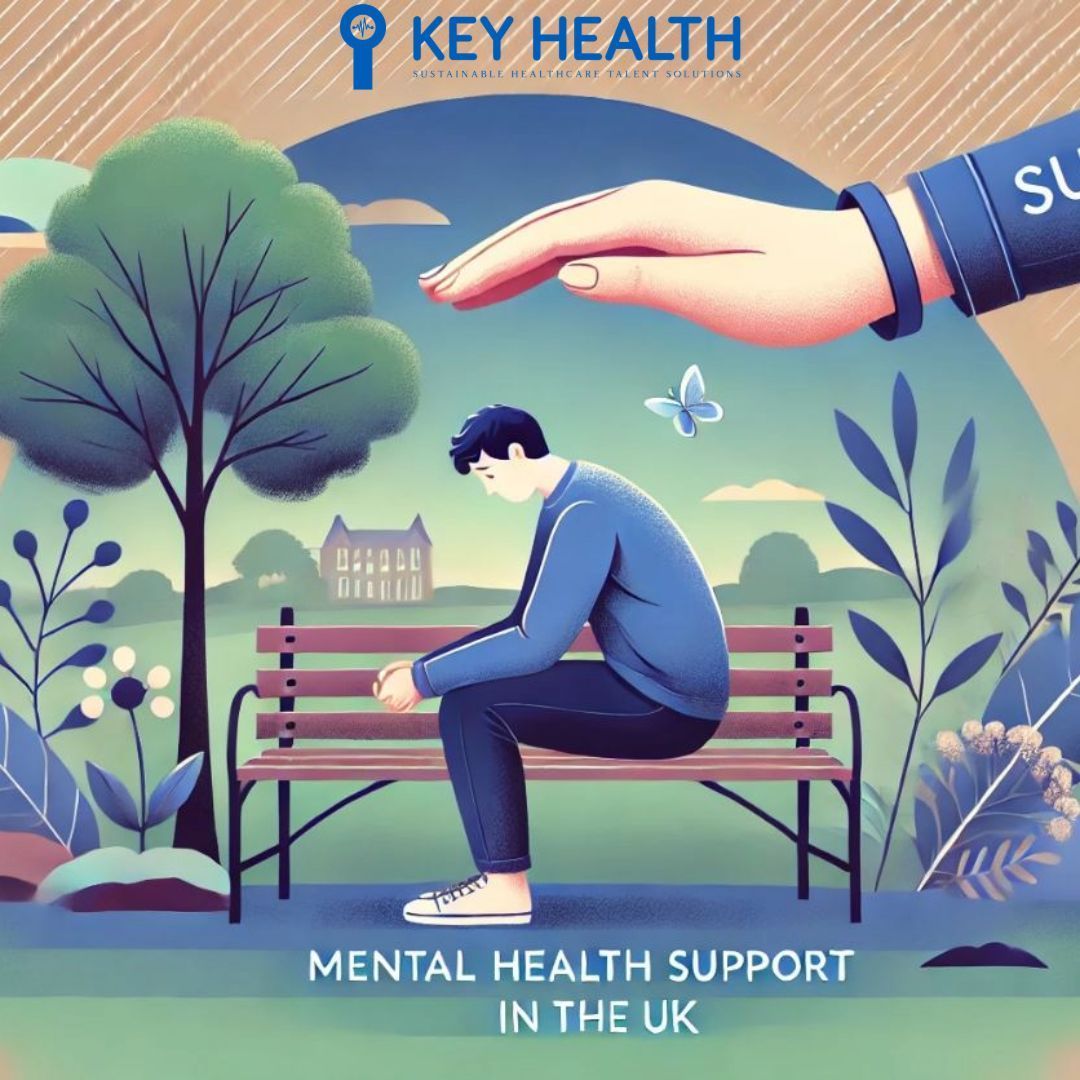

Men's Mental Health Awareness: Shining a Light on Healthcare Workers
November marks Men’s Mental Health Awareness Month, a time dedicated to addressing the unique challenges men face in their mental well-being. While mental health struggles can affect anyone, men working in healthcare often encounter distinctive pressures that demand attention and understanding.
The Silent Crisis
Men’s mental health is frequently overlooked due to societal norms that discourage open dialogue about emotions. In the UK, men account for approximately 75% of all suicides, with suicide being the leading cause of death for men under 50. These figures are alarming, particularly for male healthcare workers who navigate high-stress environments daily.
Healthcare professionals often work long hours, witness traumatic events, and carry the burden of caring for others. According to a British Medical Association survey, 44% of male doctors reported experiencing burnout, while male nurses are at higher risk of depression compared to their female counterparts.
Dr. John Reeves, a consultant in emergency medicine, shared his perspective: “Healthcare is rewarding but relentless. Many of us struggle in silence, fearing stigma if we admit we’re not coping."
Barriers to Seeking Help
Despite the growing awareness of mental health, many men hesitate to seek help. This reluctance is often rooted in the perception that asking for support is a sign of weakness. For male healthcare workers, the pressure to “stay strong” can be even more pronounced.
A study published in the Journal of Occupational Health Psychology revealed that male healthcare workers are less likely than their female colleagues to access employee assistance programmes. Instead, they often turn to unhealthy coping mechanisms such as excessive alcohol consumption, which only exacerbates their struggles.
Building a Supportive Environment
To create a healthier workplace for male healthcare professionals, organisations and colleagues can take proactive steps:
Encourage Open Dialogue: Normalise conversations about mental health by sharing stories and providing platforms for discussion.
Promote Resources: Ensure all staff are aware of mental health services available within the organisation.
Foster Peer Support: Establish mentorship programmes where male employees can share experiences and support one another.
Prioritise Work-Life Balance: Implement policies that reduce excessive workloads and provide adequate time off to recharge.
Where to Seek Help
If you or someone you know is struggling, it’s essential to reach out. Here are some trusted resources available in the UK:
Samaritans: Call 116 123 (free, 24/7 helpline)
Mind: Call 0300 123 3393 or text 86463
CALM (Campaign Against Living Miserably): Call 0800 58 58 58 or visit the webchat at www.thecalmzone.net
NHS Employee Assistance Programme: Check with your workplace for access to counselling and support services.
Final Thoughts
Men’s Mental Health Awareness Month is an opportunity to challenge stigmas and support those who dedicate their lives to helping others. For male healthcare workers, prioritising mental health isn’t just important – it’s vital. By fostering open conversations and promoting accessible resources, we can build a culture where no one feels alone in their struggles.
This November, let’s make mental health a priority and ensure that the men working tirelessly in our healthcare system receive the care and support they deserve.
Key Health Blog


